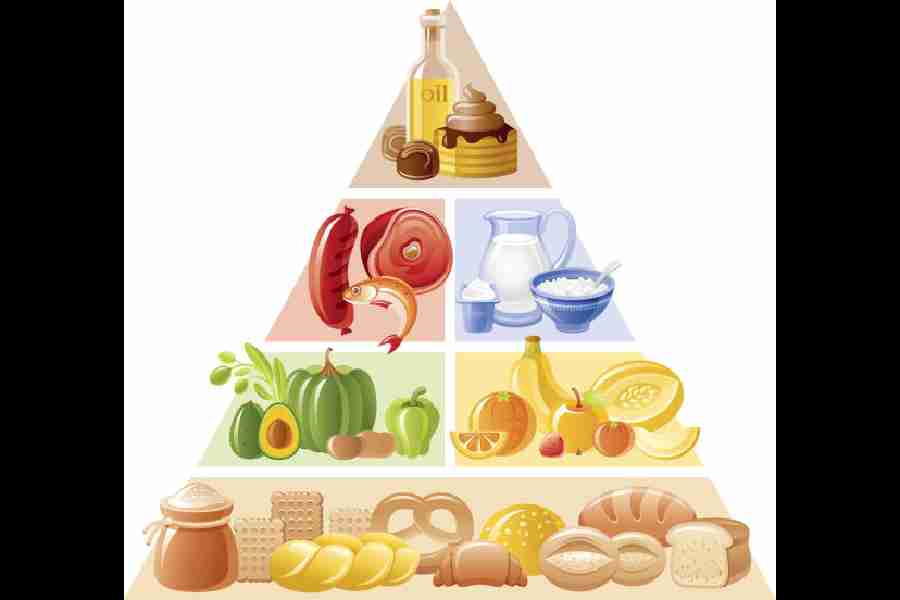People have so many questions around food. How much should they eat? When is the correct time to eat to lose or gain weight? Does intermittent fasting work?
In ancient times, food was scarce. People got used to conserving it and treating it as a precious commodity. Now, there is no need to overeat as food is available in plenty to plan for days of scarcity. However, our bodies have yet to get used to this idea.
If we miss or delay meals, our blood sugar goes down. We develop feelings of faintness. The body signals starvation and famine. As soon as food is available, we tend to overeat whatever unhealthy, high-calorie food is available.
It takes some time for satiety signals to reach from our stomach to the brain. Due to this delay, before we realise it, we have grossly over-eaten.
Our appetite works on an internal clock, our circadian rhythm, which does not necessarily coincide with the external clock. It is controlled by a centre in the hypothalamus in the brain. It is also controlled by melatonin that is released in response to sunlight.
This is why we sleep at night and eat during the day. Night shifts, late nights and late awakening disrupt the melatonin release. An irregular lifestyle also causes stress. It releases cortisol and causes weight gain.
Missing breakfast interferes with this regular functioning and, contrary to expectations of weight loss, it causes weight gain. Also, breakfast should be eaten two hours after waking. One-third of the total calories for the day should be eaten for breakfast. As far as possible, sugary precooked fast food should be avoided.
Many people exercise in the morning. There has always been a debate about whether exercise should be done before or after food. If you exercise soon after eating, the blood has to be diverted to your intestinal tract. The efficiency of the exercise is reduced. Calorie utilisation is less efficient. Some people exercise when starving in the hope the stored fat will be used for energy. It will be, but this is inefficient and slow. Calorie consumption and weight loss may not be up to expectations.
Ideally, have a handful of nuts or a banana before your morning workout. The efficiency of exercise and calorie utilisation increases as the body is not trying to conserve fat. Bananas also contain potassium and magnesium that are necessary to prevent fatigue.
Lunch should be completed before 3 in the afternoon. Late lunches will cause weight gain.
Dinner should be a light meal and eaten two hours before bedtime. Eating and immediately going to sleep causes weight gain.
Our body gets conditioned to release digestive enzymes at a particular time. Our internal clock gets set to a rhythm. Suddenly missing meals and changing times interfere with this. Enzymes are released with no food to digest, and burping, acidity and constipation result.
For digestion to be proper, the microbes and gut flora which aid in this process, also need rest to recuperate. This is the basis of intermittent fasting. Most people normally practise intermittent fasting because they do not eat for 8-12 hours between dinner and breakfast. Some people miss a meal or fast on alternate days. A regular 8-12 hour fast is healthy. Missing meals or not eating at all may initially allow our body clock to reset but after some time, the body adjusts. It conserves energy during fasting and becomes very efficient at this so that even though there may be initial weight loss, it soon evens out.
With the refrigeration of fast foods and television programmes, many people have stopped leading regular disciplined lives. Mindless snacking while watching television, playing video games, or even out of boredom has become the norm. Healthy snacks are roasted (not fried) nuts, fruits and vegetables. Unfortunately, advertisements for trans-fat-laden and calorie-dense fast food constantly on the screen make temptation hard to resist.
The writer has a family practice at Vellore and is the author of Staying Healthy in Modern India. If you have any questions on health issues please write to yourhealthgm@yahoo.co.in










